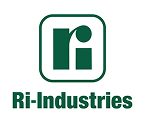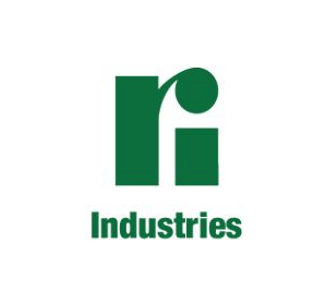Your septic tank may not always be top of mind when you’re considering home maintenance, but it’s an important part of your home and something not to be overlooked. Properly caring for your septic tank will extend its life and value, while helping to keep septic tank costs down. Follow these nine easy steps to septic tank care, and you’ll help maintain your septic tank even longer:
Septic Tank Care Tip #1: Don’t throw rubbish down your toilet.
It’s so tempting to flush rubbish down your toilet, but it’s very unhealthy for your septic tank system. When you flush items such as cat litter, facial tissue and paper towels, you can clog your septic tank. Use your litter bin for these items.
Septic Tank Care Tip #2: Don’t pour grease down the drain.
If you pour grease down your drain, it could clog your septic tank drain field. Grease doesn’t allow the soil around your drain field to absorb liquids, which could cause a back-up and result in the added expense of digging a new drain field.
Septic Tank Care Tip #3: Purchase the right kind of garbage disposal.
Consider investing in a top-of-the-line garbage disposal, which will do a better job grinding your food waste. The more ground your food, the better it will be absorbed in your septic tank system.
Septic Tank Care Tip #4: Repair leaky faucets.
Water that is wasted through leaky taps puts a strain on your septic tank system (not to mention, it also increases your water bill!). Be sure to repair leaky tap right away.
Septic Tank Care Tip #5: Don’t pour household chemicals down the drain.
Dispose of motor oil, antifreeze, paint, pesticides and potent cleaners properly. They should never be poured down the drain because they kill bacteria that breaks down solids in your septic tank.
Septic Tank Care Tip #6: Never drain your pool or hot tub water into your septic tank system.
Chlorine from your pool or hot tub can break down the important solid-busting bacteria in your system, just like household chemicals can. Additionally, adding a large influx of water into your septic tank can cause your drain field to flood.
Septic Tank Care Tip #7: Perform an inspection of your septic tank on a regular basis.
The frequency of a septic tank inspection depends on the manufacturer – it can range from three months to three years. Some septic tanks can be inspected by the consumer while others need to be inspected by a technician. In any case, be sure to have your septic tank system evaluated on a frequent basis to catch any minor repairs before they become costly ones.
Septic Tank Care Tip #8: Pump your septic tank.
Most septic tanks need to be pumped every 3-5 years. The frequency depends on how many people are in your home. The more people living in your house, the more often you should pump your septic tank.
Septic Tank Care Tip #9: Take care of your drain field.
Make sure all water is diverted away from your soakage area. Additionally, only landscape your soakage area with grass. If you want to add plants, be sure to only pick ones with shallow root systems. Finally, never park a vehicle on top of your soakage area. Vehicles can put a strain on your soakage area and may lead to ruptured pipes.
By following these nine tips, your septic tank system will last longer and work more efficiently – all while helping to prevent costly repairs. Should it be time to replace your septic tank system, don’t hesitate to contact us with questions on [email protected] / 08 8444 8100.




